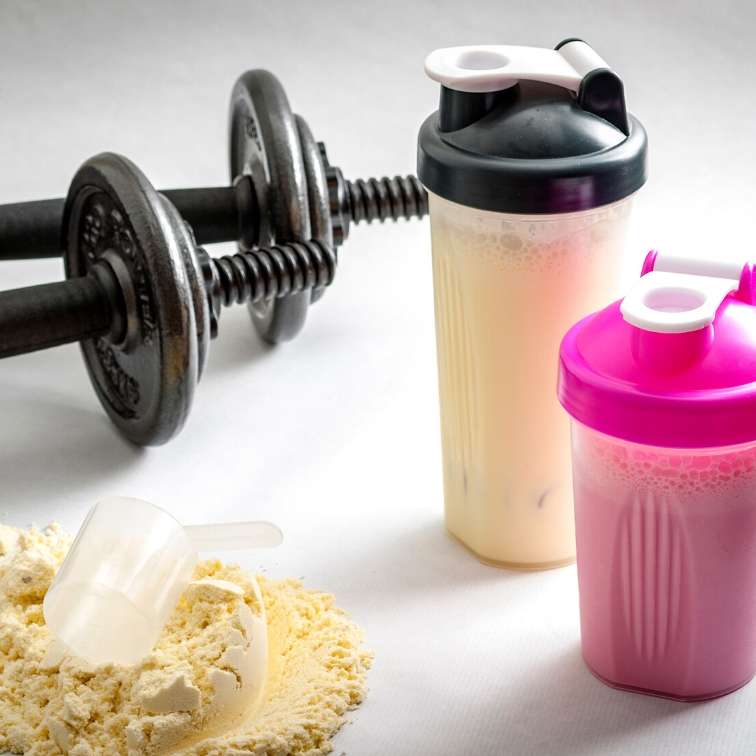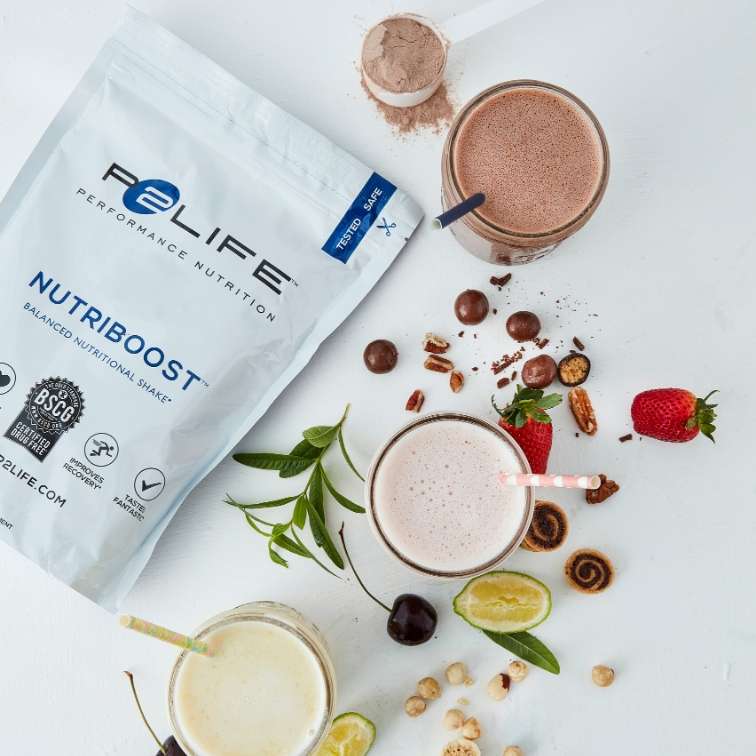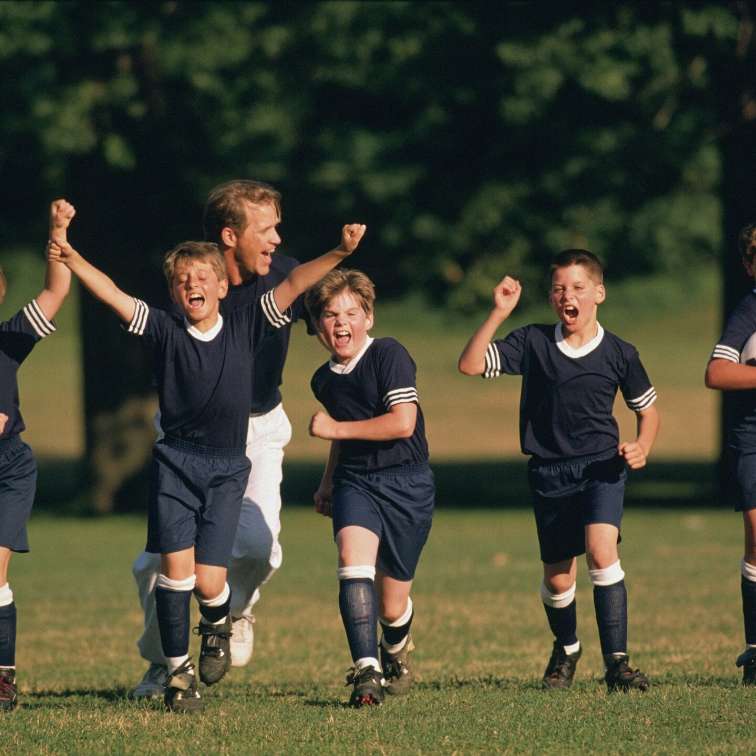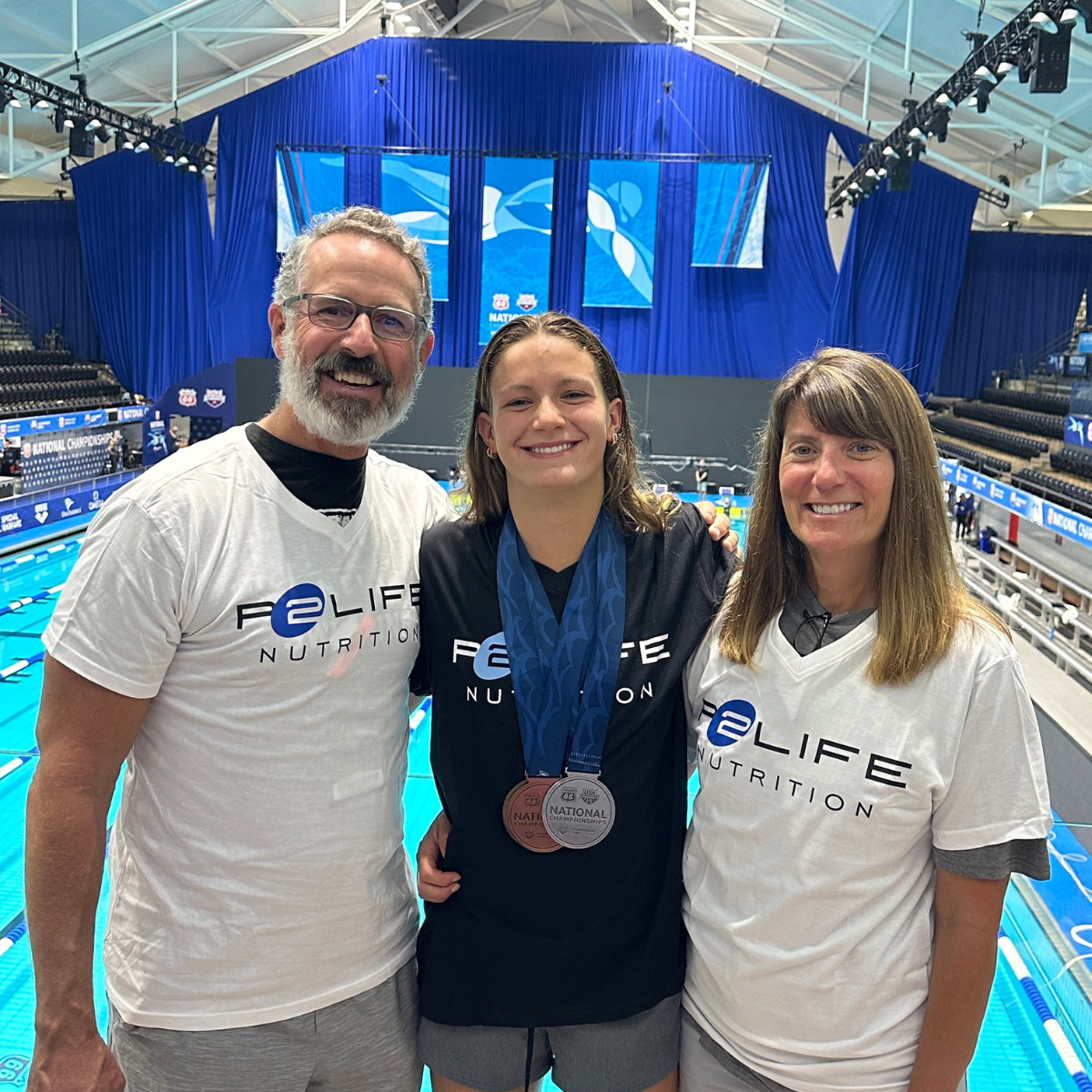
The Ultimate Guide to Using Protein Shakes
Nutrition for swimmers is one of those key facets of a training performance plan that is often ignored. But with more and more research being done on how important it is to eat the right nutrients, swimmers who want to compete at an elite level should consider what they're eating and drinking to stay on top.
One of these essential nutrients that hard-training swimmers need is an adequate amount of protein. With busy work, school, and training schedules, swimmers often depend on protein shakes to get them adequate nutrition. Take a look at our guide on the why and how of protein shakes and the best way to use them in your meal plan.

Why is protein so important?
Well let's first talk about what happens when you're swimming and training to understand why protein is an important nutritional building block. When you engage in moderate to intense exercise, your muscles go into overdrive and begin converting nutrients into the energy required by working muscles. But your muscles only have a fixed amount of energy stored in the form of glycogen. As your muscle glycogen is depleted, you begin to feel fatigued and there's a simultaneous increase in the level of stress hormones circulating throughout your body. One of the primary actions of stress hormones is to break down other nutrients, such as protein, for the energy needed for muscle contraction. In other words, your muscles are breaking down lean body mass to use as energy.
The aim of taking a protein shake immediately after heavy exercise is to deliver amino acids to maximize or maintain muscle mass, keep your metabolism high, boost your immune system, and maximize your recovery. The faster you can recover from a training session, the more effective and productive your next training will be. When you consume insufficient protein, your recovery time lengthens, muscle weakness can occur, and you can become susceptible to illness and injury. Protein deficiency can be dangerous over the long term, since inadequate protein intake can lead to exhaustion or sports anemia, which is common among female athletes.

How much is enough?
Since we now know that failure to do so can hinder your performance during swimming events or training sessions, getting enough protein is critical. The protein guidelines for an active swimmer are outlined here. Each meal should contain .25-.30 grams of protein/kg of body weight/meal. The larger pre-sleep meal should contain .60 grams of protein/kg of body weight. For example, a 150 pound athlete would use the following guide:
150 pounds/2.2 kg/pound = 68 kg
.25 grams of protein/kg x 68 kg = 17 grams of protein per meal
.30 grams of protein/kg x 68 kg = 20.4 grams of protein per meal
.60 grams of protein/kg x 68 kg = 40.8 grams of protein pre-sleep
Are you getting enough protein at each meal? This is where protein shakes come in - they can act as a supplement to your main meals and provide the nutrients, vitamins, and minerals that you're not getting from food.
Just protein?
Is the protein shake enough or do you need more to maximize recovery? Studies show that it is also vital you eat the right carbohydrates along with the protein shake because protein taken on its own will not synthesize into the muscles as quickly. Research from University of Texas compared athletes using a carb-only sports drink versus a carb-protein combination and found that the carb-protein did the following:
- Reduced muscle damage by 83%
- Improved rehydration by 15%
- Increase in endurance at the next workout up to 50%
By adding a carbohydrate source such as half a banana, you will help provide the energy required for the optimum absorption process to take place. The energy from the carbohydrates speeds up the absorption rate of the protein into your muscles, boosting your immune system function, and speeding up muscle recovery and growth. As a result, your body’s metabolic rate increases and burns more body fat. Drinking a protein shake, like our NutriBoost shake, provides the right ratio of carbs and protein, while also giving you nutrients and minerals that the body needs to function properly.
Time it right
So when is the best time to drink a protein shake? Since recovery time is important to a swimmer's success, you'll want to have a shake within 30-45 minutes of your workout. This is the ideal window to help with muscle repair and total body recovery, ensuring that you benefit the most from the enhanced muscle protein synthesis. Enjoy a shake as a snack mid-morning or in between meals, but try to avoid drinking protein shakes all day long as a meal replacement. Nutritional shakes should supplement a well-balanced meal plan, not act as a substitute.
You can also lose protein while you sleep because you will be fasting for seven hours or more and your body breaks down muscle to use as fuel when you sleep. A pre-bedtime meal helps lessen the impact of protein breakdown that occurs during slumber, when no eating is going to occur. This period lowers your body’s metabolism, you lose muscle, and your immune system is sometimes weaker, so it’s critical to have the right fuel while sleeping. Drinking a night time shake can make all the difference in overcoming muscle loss and help you feel refreshed the following day.
Now that you know the importance of protein and how a protein shake can help you perform better, choose one that's right for you. Check out our NutriBoost shake and learn how it can help you reach your swim performance goals!
Sources:
www.usaswimming.org
www.usms.org
www.swimming.org
www.livestrong.com










Leave a comment
This site is protected by hCaptcha and the hCaptcha Privacy Policy and Terms of Service apply.